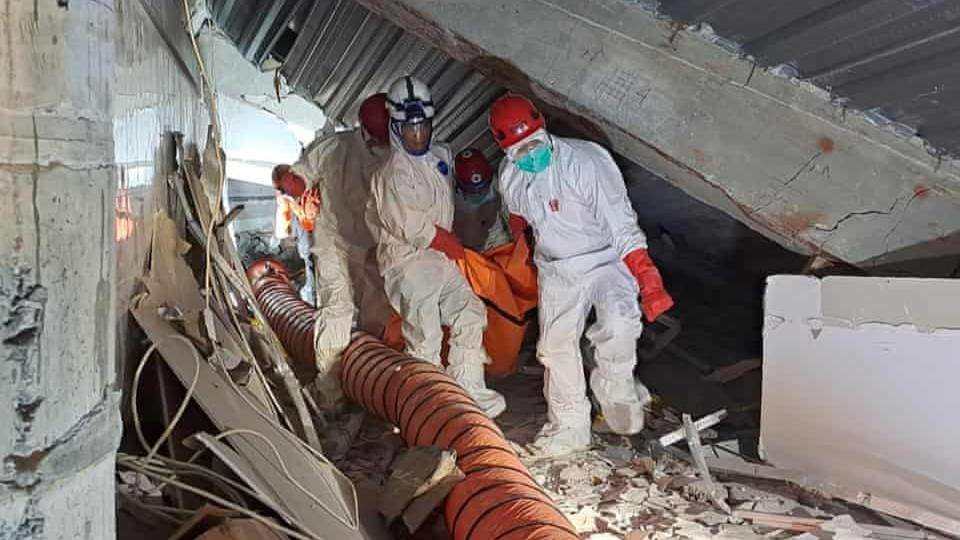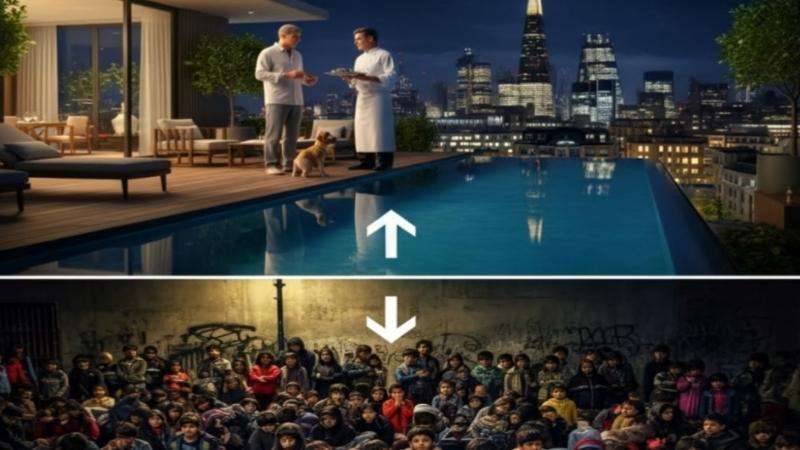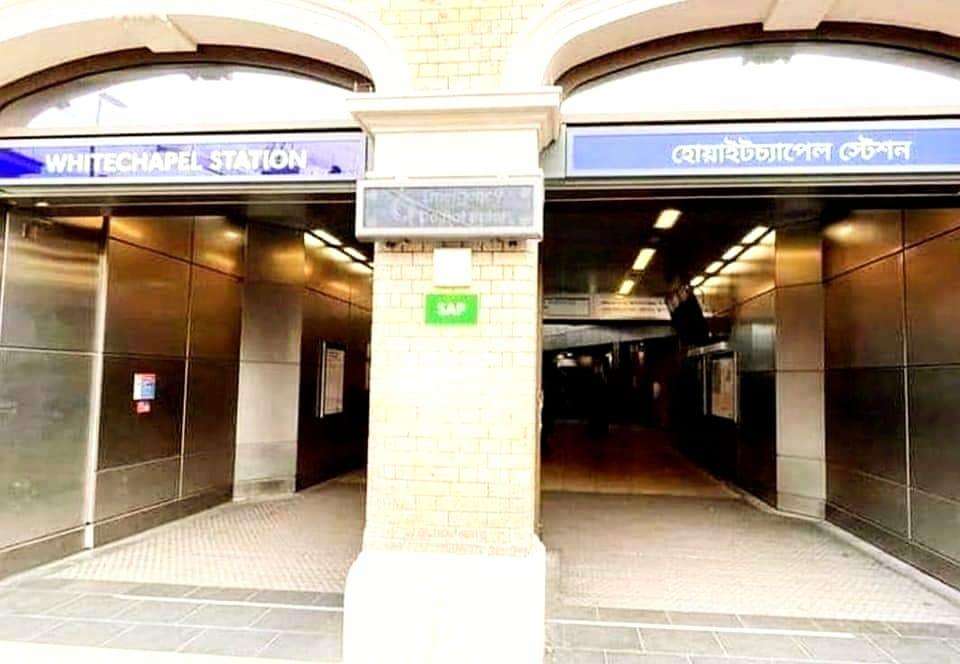It's not just the name of Whitechapel station written in Bengali, alongside the English in London. Various stations, including Southall, also have Hindi names. And the contribution of Bangladeshis in East London, including Whitechapel, has a history of at least a hundred years. Bangladeshis in East London had to fight against racial inequality with the blood of martyrs.
Elon Musk has once again found himself at the center of controversy, this time for weighing in on a debate over bilingual signage at a London railway station—an issue that seemingly has little to do with him.
The discussion began when Reform UK MP Rupert Lowe criticized a sign at Whitechapel Station displaying both English and Bengali, asserting that station names should be “in English, and English only.” Musk responded with a brief “Yes,” signaling his agreement with Lowe’s position.
The bilingual signage, introduced in 2022 as part of a Tower Hamlets council initiative, was meant to recognize the contributions of the Bangladeshi community to East London. Whitechapel, home to one of the UK’s largest Bangladeshi populations, widely welcomed the move. West Bengal Chief Minister Mamata Banerjee also praised it, posting on X that the inclusion of Bengali on London’s Tube signage reflected the growing global influence of the language. She described it as a “victory of our culture and heritage.”
Musk’s endorsement of Lowe’s stance has reignited discussions about multicultural representation in public spaces. His remark also comes as he faces continued scrutiny over his leadership of X. Recently, he unfollowed rapper Kanye West after the musician made inflammatory comments, including declaring himself a “Nazi.” Though West’s account was later suspended, Musk received backlash from actor David Schwimmer for not acting more swiftly against hate speech.
By weighing in on the bilingual signage issue, Musk has added another dimension to the ongoing debate surrounding language, identity, and inclusivity in public spaces.




_2.jpg)



.svg)


